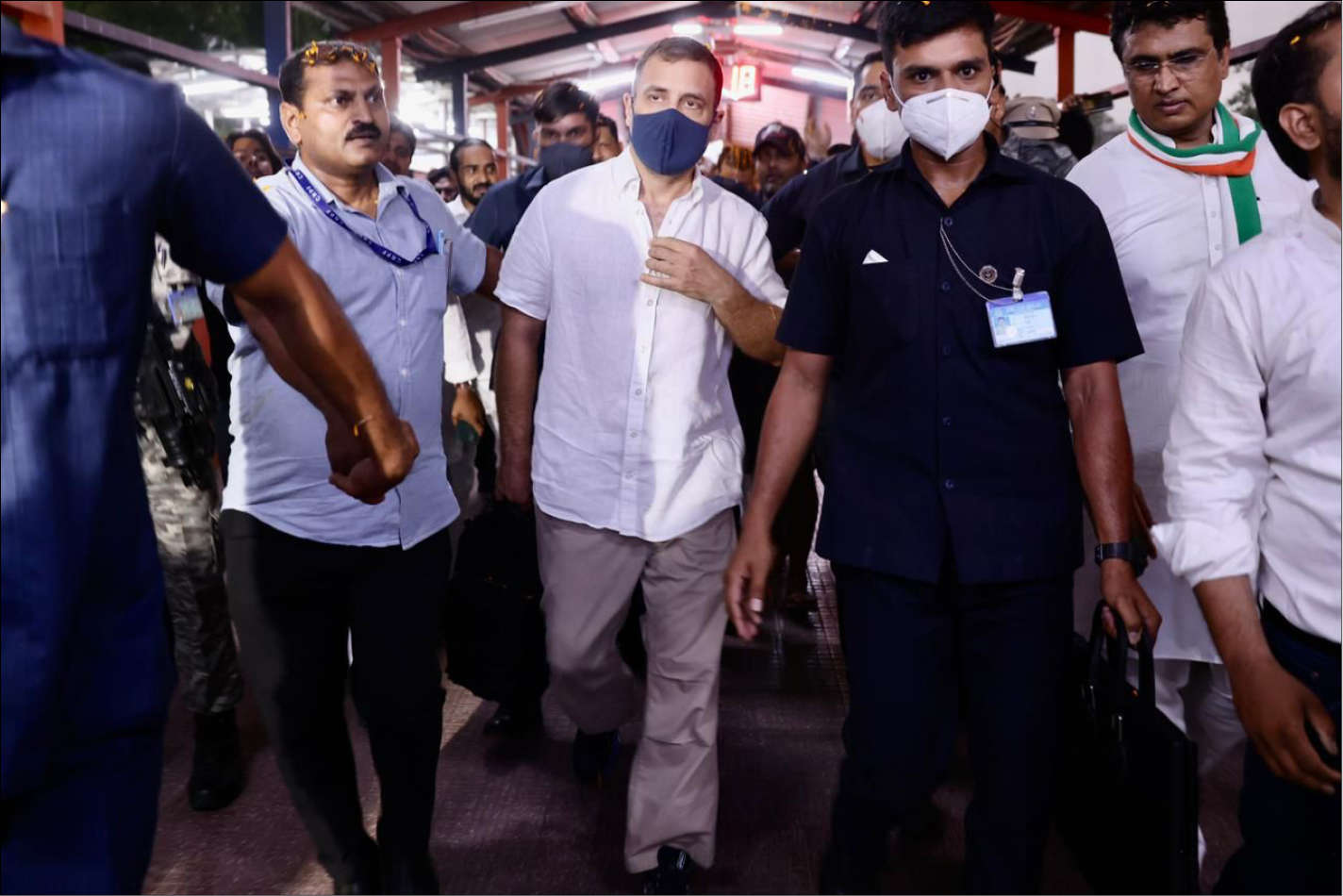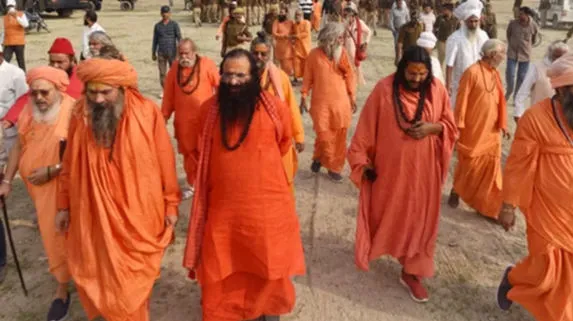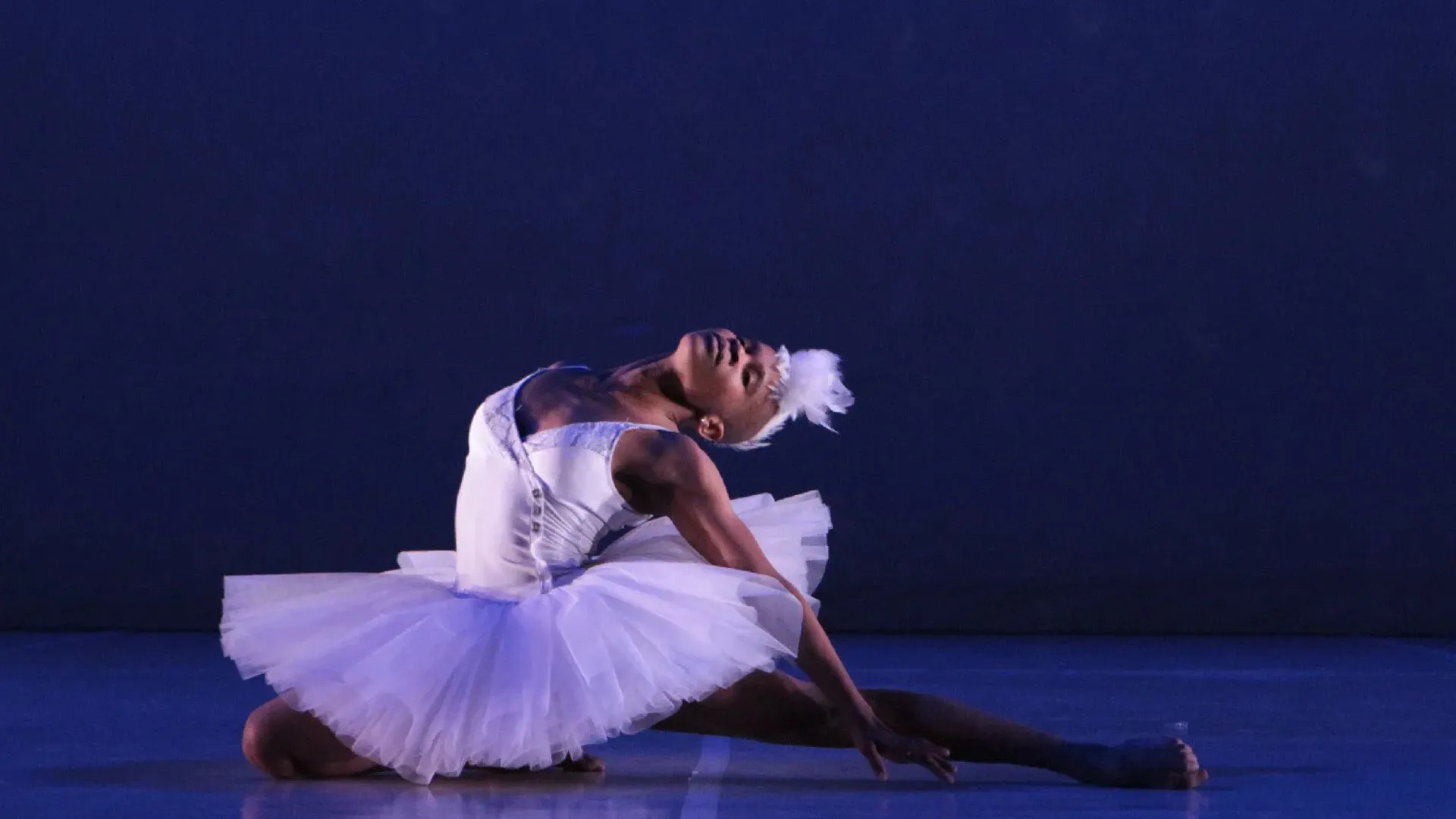The two national and most dominant players in Indian politics—the Indian National Congress (INC) and the Bharatiya Janata Party (BJP)—historically served to equipoise one another. However, the atrophication of the Congress party heralds serious concern not just for the party but for Indian democracy, signalling the disintegration of a balanced political system in the country, by eroding a necessary system of checks and balances.
Under the BJP, issues such as the subversion of institutions, misuse of power, the espousing of sectarian and discriminatory laws, and allowing, if not actively promoting autocratisation have been raised. This litany includes the inappropriate use of provisions like sedition, the Citizenship Amendment Act, the migrant labour crisis, the mismanagement of Covid-19, the farmers’ agitation, and the Rafale controversy, to mention just a few. But the INC failed to crystalise any of these pertinent issues into worthwhile arsenal. Where the Central government’s offences are those of commission, the Opposition’s are those of validation through omission. Rahul Gandhi’s tweets, in this vein, remain as effective as nostrums.
The history of the INC runs parallel to the history of India itself. It once represented not just a political party but an entity synonymous with the formation of Independent India, going on to define the country’s political system in many respects. In 2004, the INC made a comeback after a BJP term preceding it. This decade under the INC was marred by corruption scandals. Resentment from the people towards the regime grew particularly at the Congress’ complacency to do anything about it.
Resultantly, the party lost in the 2014 general elections—winning 44 of the 543 seats in the Lok Sabha—an all-time low. Rahul Gandhi succeeded his mother, Sonia Gandhi as the party president in 2017. This neither inspired hope nor placated the growing sense of indignation with the party. Under the disinclined leader, the party suffered even more electoral losses, eventually failing to be a viable opponent to the Narendra Modi-led BJP in 2019. Subsequently, Rahul offered his resignation, and Sonia returned as president. Sonia Gandhi’s almost two-decade-long tenure as the president of the INC is an unmatched achievement, even by past stalwarts.
Despite having intelligent and talented young leaders eager to rise in the ranks and take over the reins, the Congress leadership has continuously denied the opportunity to many. The deficiencies of the Congress-led UPA government are a testament to the deferential and sycophantic culture of the party, allowing for unjustified ascendancy by pandering to the ego of its leaders, displacing merit in the process. According to the Association of Democratic Reforms report, 222 electoral candidates left the Congress to join other parties during polls held between 2014 and 2021, while 177 Members of Parliament and Legislative Assembly (MLAs) quit the party during the same period. Nearly 45% of MLAs who defected between 2016 and 2020 joined the BJP.
What is common between the recent individual winners of the polls: Modi, Yogi Adityanath, Kejriwal and Mamata Banerjee? They may have disparate personalities and philosophies of governance, but they are all self-made. Similarly, you need only contrast Mahua Moitra’s political journey with that of Priyanka Gandhi’s. The Indian voter today is less credulous, and values competence above genes or loyalty. Yet, the INC remains inexorably soldered to the Gandhi Family.
One’s antipathy could be suppressed if the 21st century Gandhi dynasts had some track record at effectively fighting (if not winning) elections. But the Congress seems to be afflicted with severe incompetence at retaining or regaining any political power, as exemplified by the recent Assembly elections.
Smaller regional parties have been able to win against the BJP, albeit in limited spheres—the Aam Aadmi Party proved that most recently in Punjab, TMC in Bengal, DMK in Tamil Nadu, and so on. Clearly, there are those willing to take the fight to Narendra Modi and Hindutva. But the only party with national influence, the INC, appears content in stasis.
If we continue down our current trajectory, India will soon be rendered unrecognisable. It’ll be more polarised, more communal, more torn. This dreadful eventuality can only be averted by a resolute and sustained Opposition to the Modi government, which is electorally successful.
The implosion of the Congress should matter to every Indian who stands against the hateful and divisive politics of Hindutva and seeks a restoration of the social and institutional fabric of the Republic.
With two years to go before the next general elections, the prospects for the INC appear to be lamentable. Organisational deterioration, factional discord, an incessant downpour of attrition and the failure to counter Narendra Modi’s BJP at the hustings have collectively pushed the Congress to the precipice of electoral irrelevance. With over 400 Congress leaders convening in Udaipur for their 3-day Chintan Shivir, commencing 13 May 2022, one can only hope that it is more than an effort in futility, one that helps facilitate course-correction in their strategic, organisational and ideological agenda ahead of the 2024 Lok Sabha polls.
The Indian voter has bid adieu to the Congress Party—but the onus now lies on the Gandhis to do so the same.
Nanki Singh received her degree in Political Science, with a Political Economy concentration, from Duke University. A development sector professional, she has worked with the Gates Foundation, Clinton Foundation and USAID.






















